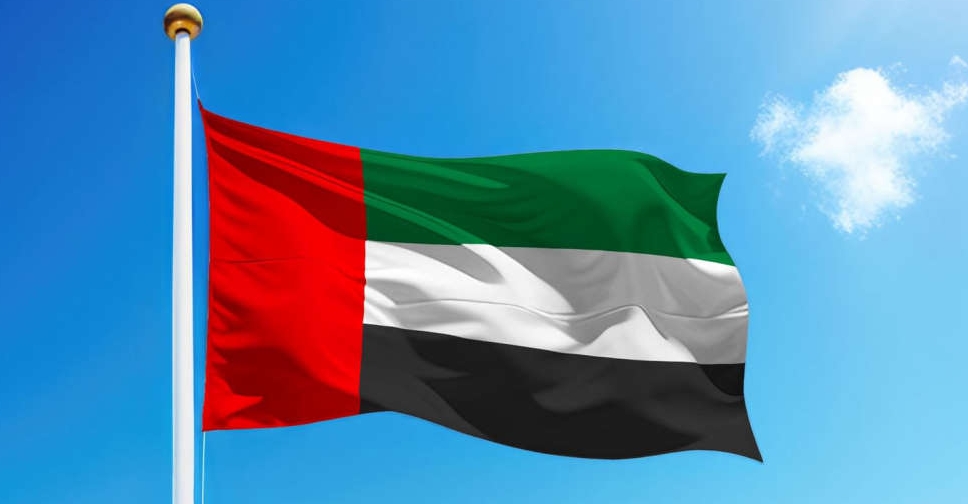
The UAE will celebrate World Humanitarian Day on Monday, which falls on August 19 every year, marking its continuous efforts and pivotal role in alleviating difficult and exceptional circumstances experienced by many countries around the world.
The UAE's immediate response to humanitarian calls from around the world has been highly respected and appreciated, due to its planning and implementation, and speed of response.
The occasion comes at a time when the UAE's efforts to help victims of wars and conflicts and alleviate their suffering continue, most notably Operation Gallant Knight 3, through which the country has provided tens of thousands of tons of urgent aid in the Gaza Strip, including food, health, shelter materials, and other aid.
Meanwhile, the field hospital established by the UAE in the southern Gaza Strip, as well as the floating hospital in the Egyptian port of Arish to treat patients and the injured, continue, along with the UAE's commitment to treat 1,000 children and 1,000 cancer patients in the country's hospitals, while covering all their expenses and those of their companions.
The UAE has established six desalination plants, producing 1.2 million gallons of drinking water per day to support more than 600,000 people, in addition to establishing five automatic bakeries to secure the daily needs of more than 72,000 people.
The country launched the "Compassion for Gaza" campaign, in which more than 24,000 volunteers within the country participated, preparing 71,000 relief baskets that were collected locally.
The UAE reaffirmed its keenness to provide support to Sudan, and to contribute effectively to international relief efforts inside the country, as it pledged to provide $100 million to support humanitarian efforts in Sudan and neighbouring countries, during its participation in the meetings of the International Humanitarian Conference on Sudan, which was held last April in the French capital, Paris.
The UAE allocated 70 per cent of its pledge to the United Nations agencies and its humanitarian and relief organisations, ensuring a comprehensive approach to address the humanitarian crisis and limit the exacerbation of famine, by providing all types of aid, especially food and health, protecting women and children, and providing livelihoods and shelter in emergency situations, which confirms the UAE's commitment to addressing various aspects of the humanitarian crisis in Sudan.
The UAE has continued its ongoing relief support this year to help alleviate the humanitarian repercussions facing Ukrainians as a result of the current crisis. It sent a plane carrying 55 tonnes of relief and medical aid last February, and another plane the following month carrying 50 tonnes of food supplies.
Meanwhile, its mediation efforts between the Russian Federation and Ukraine have succeeded in completing several prisoner exchange operations, with the total number of prisoners reaching 1,558 by last July.
Relief for those affected by emergency crises and natural disasters witnessed by the world during the current year embodied a bright aspect of humanitarian work in the UAE, which provided $15 million to provide relief to those affected by floods in Kenya, and operated a group of aircraft carrying hundreds of tonnes of relief, medical and food aid to help those affected by floods and the repercussions of the heavy rains that recently swept Brazil.
On August 1, it also sent a plane loaded with relief aid to the Philippines, following the landslides and floods caused by Hurricane Karina.
The humanitarian work in the UAE has achieved a number of gains during the current year, represented in a number of significant decisions and initiatives.
In order to enhance the humanitarian values established by the late Sheikh Zayed bin Sultan Al Nahyan, UAE President His Highness Sheikh Mohamed bin Zayed Al Nahyan ordered the launch of the "Zayed Humanitarian Legacy Initiative", worth 20 billion dirhams allocated for humanitarian work in the most needy communities around the world.
As part of the initiative, the UAE announced the launch of the “Emirates Global Hospitals Programme”, which aims to build 10 hospitals over the next decade, dedicated to meeting the specialized health needs of beneficiary communities with financial support of approximately AED 550 million.
Last February, the UAE witnessed the launch of the “Mohammed bin Zayed Water Initiative”, to address the urgent global challenge of water scarcity.
In the same context, His Highness Sheikh Mohammed bin Rashid Al Maktoum, Vice President and Prime Minister of the UAE and Ruler of Dubai, launched the “Mother’s Endowment” campaign, with the aim of honouring mothers in the UAE, by establishing an endowment fund worth AED 1 billion, to support the education of millions of individuals around the world in a sustainable manner.
The UAE represents the cornerstone of the global humanitarian system as the largest donor of foreign aid in the world in relation to its national income.
Humanitarian work in the UAE is characterised by dozens of official and civil bodies on the international scene over the past years, most notably the Emirates Red Crescent Authority, the Mohammed bin Rashid Al Maktoum Global Initiatives, the Zayed Charitable and Humanitarian Foundation, and the Khalifa bin Zayed Al Nahyan Foundation for Humanitarian Works.

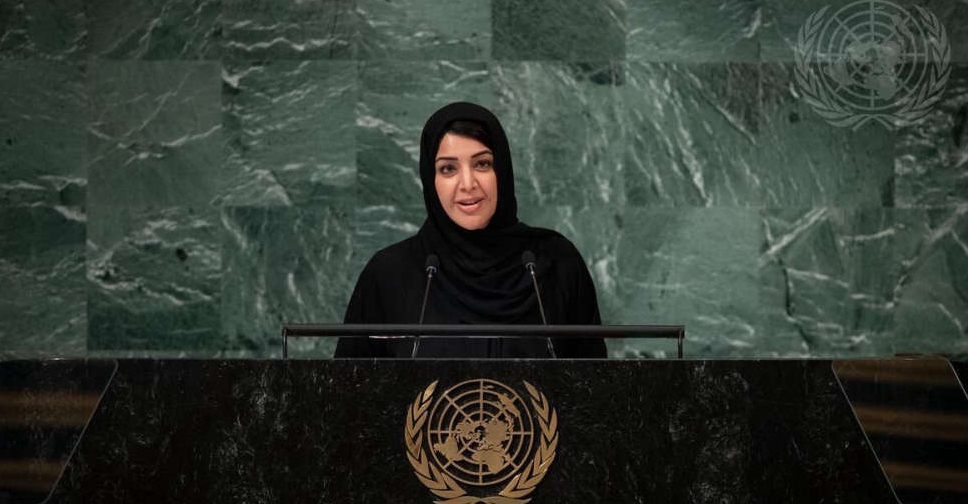 UAE welcomes UN assessment mission to El Fasher
UAE welcomes UN assessment mission to El Fasher
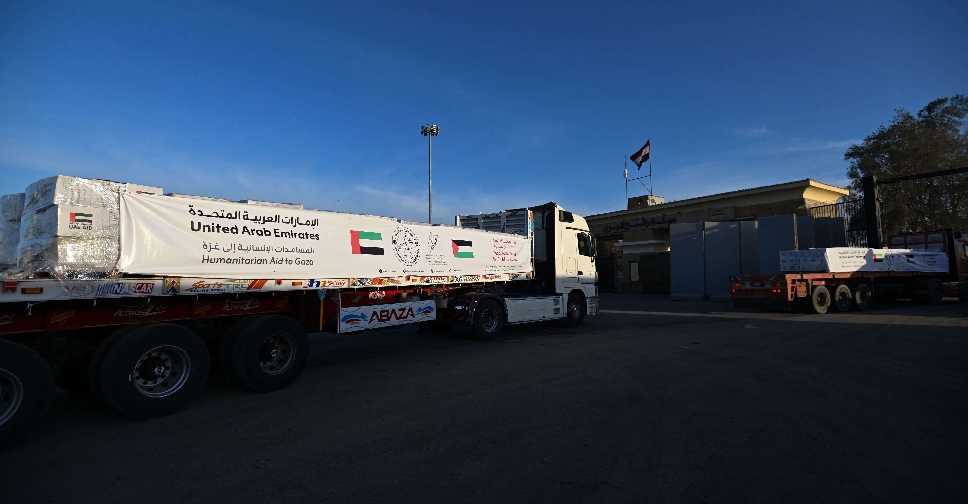 30-tonne UAE aid shipment reaches Gaza to combat malnutrition
30-tonne UAE aid shipment reaches Gaza to combat malnutrition
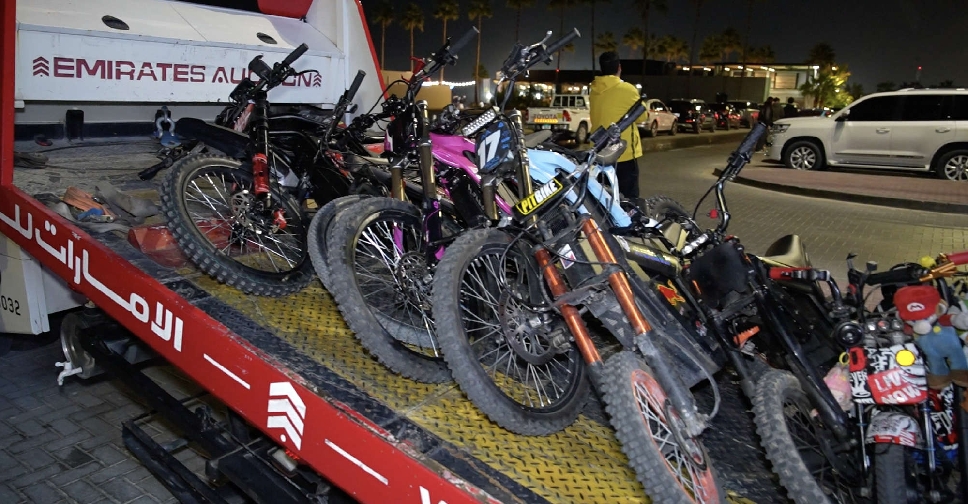 Dubai Police crack down on e-bike violations
Dubai Police crack down on e-bike violations
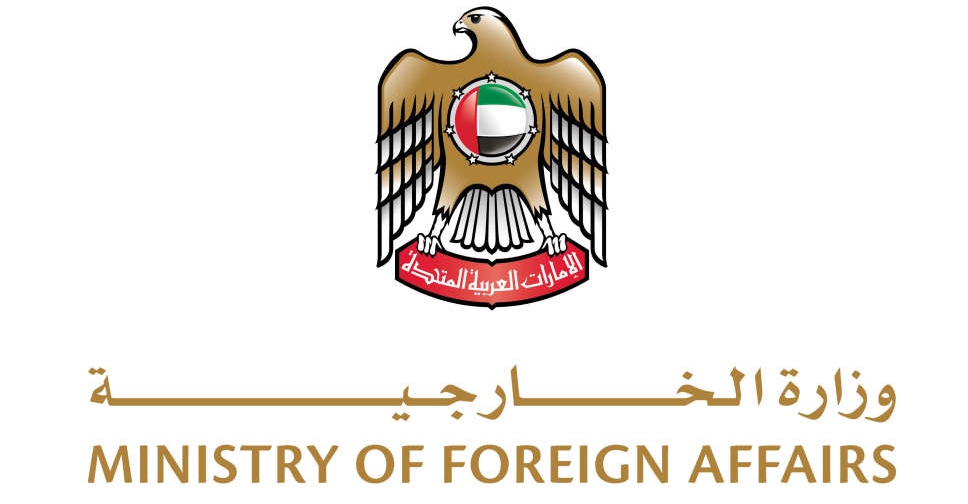 UAE condemns mosque bombing in Syria’s Homs
UAE condemns mosque bombing in Syria’s Homs
